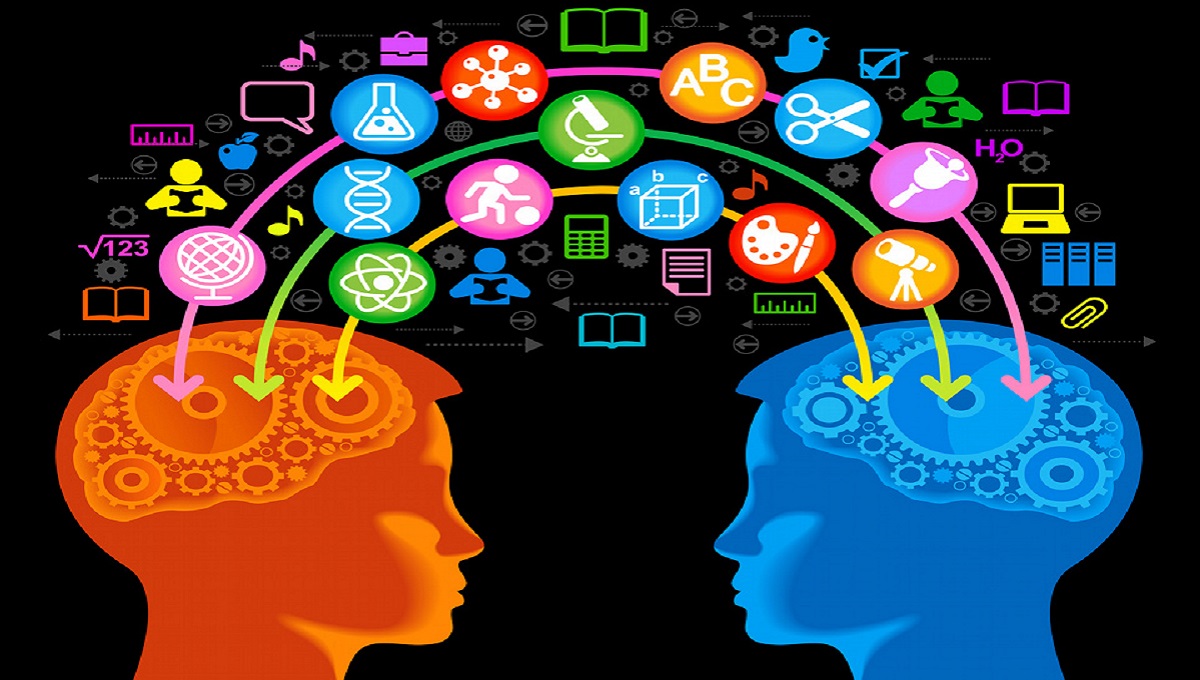The Knowledge Economy
Companies’ assets are largely intangible therefore Knowledge becomes the raw material for performance and innovation.
Companies always seek best practices outside while a lot of knowledge and know-how lies in the minds of their own employees and in their operations.
Knowledge Management (KM) is a strategy of getting the right information to the right people at the right time so they can take action and create value.
Knowledge Management is a discipline of enabling individuals, teams and entire organizations to collectively and systematically create, share and apply knowledge to better achieve their objectives.
Interested ?
Knowledge enables
Innovation
- Collective knowledge will always be superior to individual knowledge
- A shared solution is enriched and opens the way to new ways of doing or thinking
Acceleration
- We don’t reinvent the wheel, we recyle, we reuse, we collectively improve
- A direct result of this is increased Satisfaction and Loyalty of Clients and Employees
Intelligence
- Analysis of the consumption of knowledge internally and by customers reveals their difficulties and therefore your areas of improvement for your products and processes
What are our clients’ expectations?
The classic business issues encountered are
- Growth
- Margin
- Differentiate from the competition
- Internationalization
- Team development
- Turnover and loss of knowledge
The service issues that are reported to us are generally
- More demand, more complexity
- The existence of knowledge silos
- Lack of collaboration
- The time taken by employees to develop their skills
- The desire to have employees with more and more expertise
- Response time, Backlog…
- Improvement and management of the relationship with its customers
- Control and optimization of service costs

